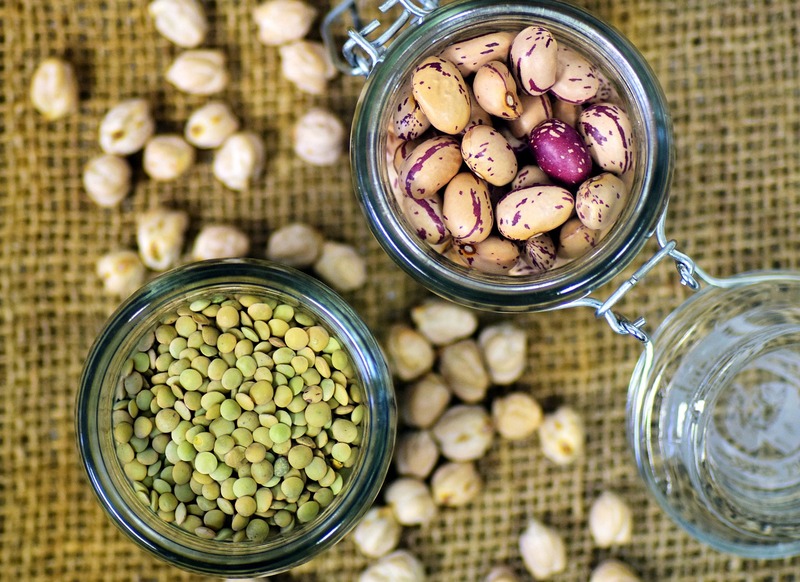|
Menopause is a natural phase of life that every woman will go through usually occurring between the ages of 45 and 55, but symptoms can start earlier for some women such as myself. One challenge during this time for me was insomnia. It was frustrating because at the time, I was still working full time and I wasn't getting adequate sleep and would need to get up very early in the morning. It was a constant battle. Some of you may relate with my sleep issues with insomnia, but other challenges can occur with the transition which can bring a variety of symptoms, such as hot flashes, night sweats, mood swings, and weight gain, all of which are linked to hormonal changes. These symptoms occur because of the decline in estrogen and progesterone levels. While menopause is inevitable, there are useful ways to manage its symptoms through dietary choices. Here’s how you can navigate during this time with power and balance and make informed dietary choices to help alleviate many of these unpleasant symptoms and promote well-being. Foods for Hormonal Balance:Phytoestrogens: What they are: Plant-based compounds that mimic estrogen in the body. Foods that help: Soy products (tofu, tempeh, edamame), flaxseeds, sesame seeds, and chickpeas. Dairy products, leafy green vegetables (kale, broccoli), fortified plant-based milks, and fatty fish. Benefits: May help reduce hot flashes and improve hormonal balance. Calcium and Vitamin D Importance: Vital for bone health, especially as estrogen levels drop. SUGGESTIONS: Use edamame or firm tofu stir fries with vegetables such as kale and broccoli. Use flaxseeds that have been ground into smoothies and also use as a coating on fish instead of breadcrumbs. Toss sesame seeds into salads. Toast for extra flavor. Also, you can make homemade tahini paste that can be used in a variety of recipes. Healthy Fats:Consuming healthy fats is important as they can support hormone production and reduce inflammation which can become an issue as you get older. Healthy fats you can consume are avocado's, nuts, seeds and olive oil. You can also get healthy fats from fatty fish such as wild caught salmon and mackerel. Try incorporating these nutritious foods into your meals to help manage mood swings and energy levels. High Fiber Foods:High fiber foods help maintain stable blood sugar levels and supports digestive health. If you are diabetic, this is also especially important. Try eating whole grains, fruits, vegetables and legumes. SUGGESTIONS: Try a variety of whole grains such as bulgur wheat, quinoa and whole barley. Include these grains in recipes that call for regular white rice as a healthy replacement. Eat fruit and vegetables as healthy snacks. Incorporate eating legumes into salads and soups. By incorporating high fiber foods into your daily diet, it can help to regulate estrogen levels. Antioxidant-Rich FoodsConsuming antioxidant rich foods help to combat oxidative stress and reduce inflammation. Foods that are antioxidant rich are berries, dark chocolate, nuts, and green tea. SUGGESTIONS: Have berries in your oatmeal or protein shake or simply enjoy on their own. You can also enjoy nuts in oatmeal or sprinkle into salads. Green tea can be enjoyed in place of coffee or if you prefer things on the colder side, try it iced. Try berries in whole grain pancakes and enjoy dark chocolate in moderation as a sweet treat. If you want the taste of chocolate with low sugar content, try eating cacao nibs which are rich in fiber, protein, healthy fats, and rich in iron. Navigating menopause can be challenging at times, but with the right mindset along with the right foods you can manage your symptoms and maintain a healthy, balanced life.
Remember, every woman’s experience with menopause is unique, so it’s essential to find what works best for you and consult with healthcare providers as needed.
0 Comments
|
AuthorVanessa LaBranche Archives
June 2024
|










 RSS Feed
RSS Feed